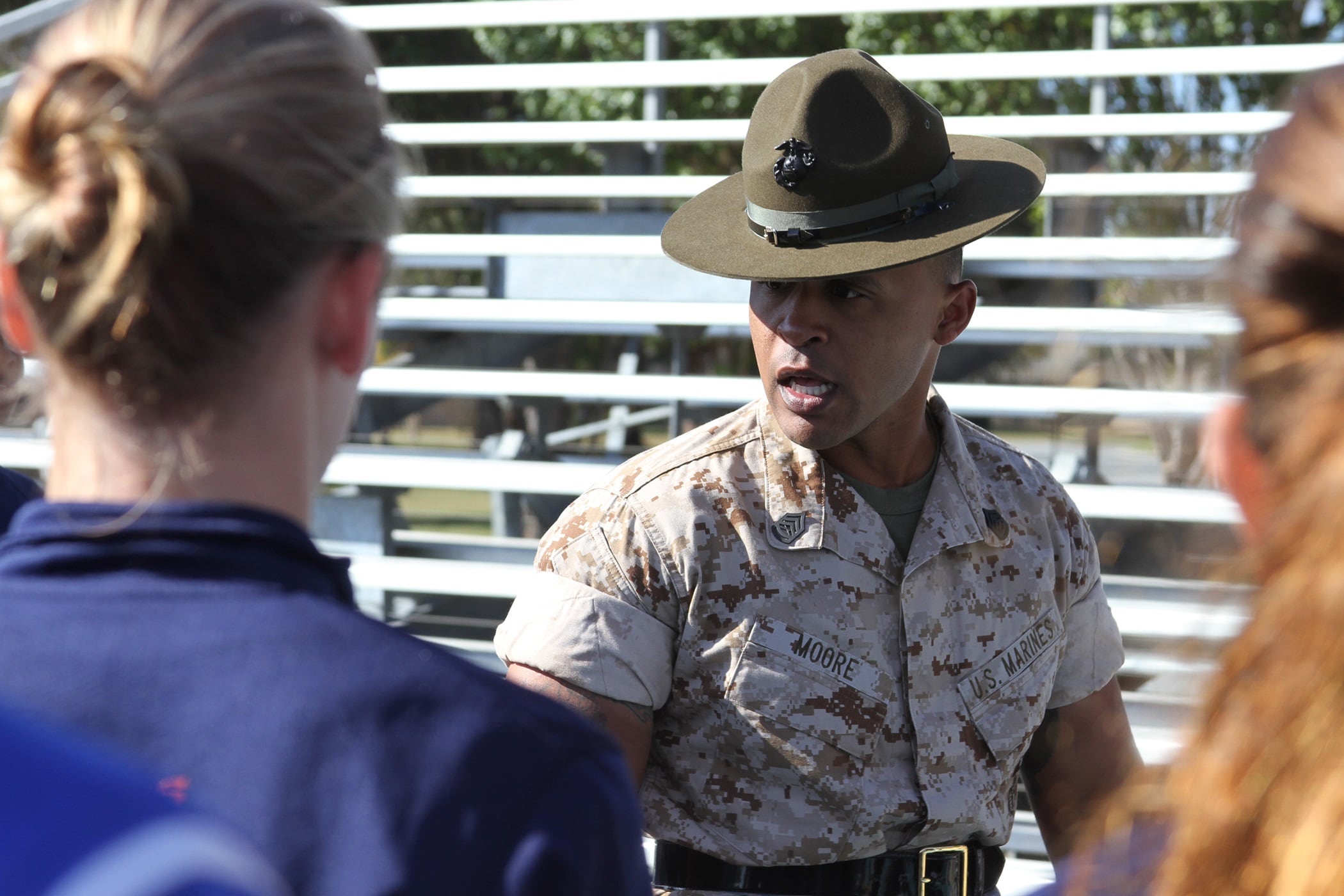In celebration of Women’s History Month, the nation’s top female military leaders met together in public Monday for the first time to discuss how far the services have come, and still need to go, in their efforts to incorporate women.
The panel of four-star female officers — including Coast Guard Commandant Adm. Linda Fagan, Air Force Gen. Jacqueline Van Ovost, Army Gen. Laura Richardson and Navy Adm. Lisa Franchetti — gathered at the Military Women’s Memorial in Arlington, Virginia, for the conversation.
“When all of [them] … signed up to serve their country, there were barriers in their way. Certain aircraft they couldn’t fly, certain ships they couldn’t be on, certain jobs that they were not allowed to have,” said Norah O’Donnell, evening anchor of CBS News, who moderated the talk between the four women. All were promoted to general or admiral in their respective services within the last two years.
RELATED

The group of women leaders reflected on their personal careers, noting how they do not always enjoy the weight of being a “first,” and emphasized the need to recruit and retain talented women so the services can move beyond breaking glass ceilings.
“It has truly been a journey,” said Fagan, who assumed the role of commandant in June 2022.
Franchetti, who became the Vice Chief of Naval Operations in September 2022, said that similar to Fagan, she was not welcomed aboard her first ship.
“I know that when I came into the Navy in 1985, a lot of the doors for women were closed,” she said. “I think the question for women today is no longer ‘What can I do?’ It’s ‘What do I want to do?’”
Among other milestones, all women were allowed to serve as members of the military in peacetime beginning in 1948, and in 2013, the Pentagon lifted the official ban on female service members in combat roles.
In 2021, there were nearly 232,000 women service members comprising 17.3% of the active-duty force, according to Defense Department figures released in December. At 171,000 members, women also made up 21.4% of the National Guard and reserves.
“In the 75 years since we’ve had the opportunity to serve, we certainly have come a long way,” said Van Ovost, who has led U.S. Transportation Command since October 2021. “Our progress has been accelerating, but we have a way to go still and we’re working on that.”
Some of the challenges women in the armed forces still face include access to child care, specialized female equipment and uniforms, and having their voices recognized, even when they do have a seat at the table, the four-stars added.
Another issue highlighted was the continued need to address a culture in which women deal with discrimination and sexual abuse.
“All of the services have been on a journey around sexual harassment, sexual assault, bullying,” Fagan said. “And I consider where we are today versus where we were eight or 10 years ago ... a much better position.”
Jonathan is a staff writer and editor of the Early Bird Brief newsletter for Military Times. Follow him on Twitter @lehrfeld_media





